Prof. Regina Appiah-Opong, a distinguished toxicologist and former Head of the Clinical Pathology Department at the Noguchi Memorial Institute for Medical Research (NMIMR), has made a strong case for increased investment in Ghana’s herbal medicine sector. She delivered this appeal during her inaugural lecture held on Wednesday, July 31, 2025, at the Great Hall of the University of Ghana.
Her lecture, titled “The Potential Role of Medicinal Plants in Ghana’s Healthcare and Economy,” drew on decades of scientific research and collaboration to underscore the value of medicinal plants in improving health outcomes, creating jobs, and driving economic growth.
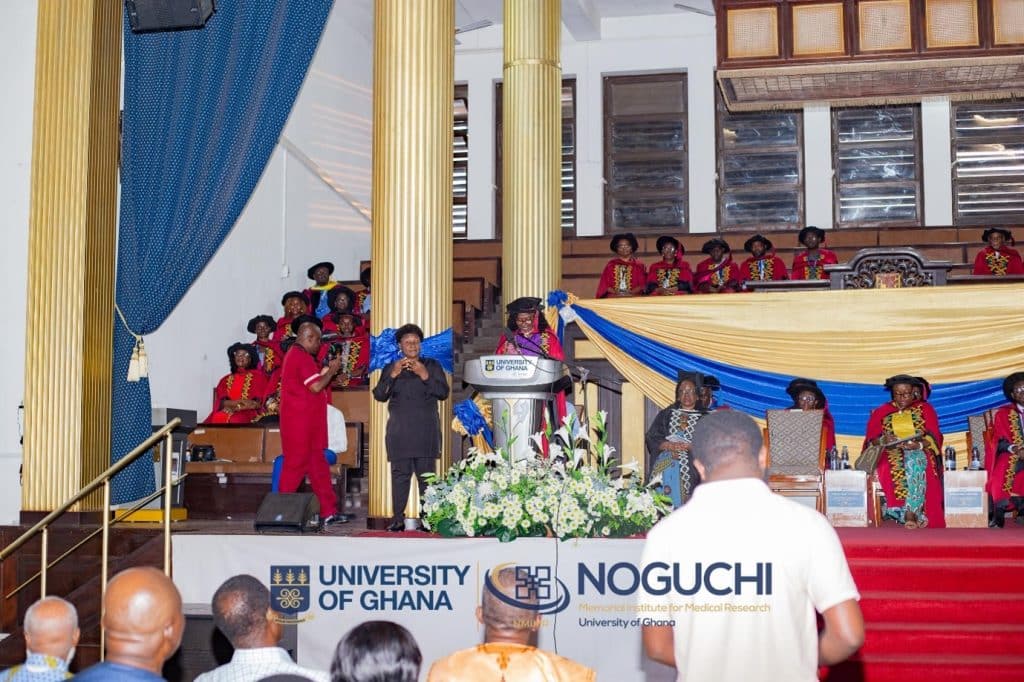
Prof. Regina Appiah-Opong delivering her inaugural lecture on the role of medicinal plants in Ghana’s healthcare and economy.
Prof. Appiah-Opong emphasized that herbal medicine is not only a cornerstone of healthcare in many parts of the world but also a major contributor to global economies. She cited countries such as China, Germany, the United States, and Japan, where herbal medicine generates billions in revenue and provides employment for millions. Within Africa, she highlighted Morocco, Egypt, South Africa, Malawi, and Tanzania as examples of countries that are reaping substantial economic benefits from the cultivation and export of medicinal plants.
She noted that Ghana, and Africa more broadly, have the potential to become global leaders in the herbal medicine industry if deliberate and sustained investments are made. She advocated for the production of affordable, scientifically validated herbal products that meet international standards, stressing that the growing global demand for natural remedies presents an opportunity for Ghana to expand its market share.
Prof. Appiah-Opong also drew attention to the lack of updated trade data for Ghana’s herbal sector, describing it as a missed opportunity for economic planning and development. She called for improved research funding, stronger regulatory frameworks, and enhanced pharmacovigilance to ensure the safety and efficacy of herbal products on the market.
In addition, she urged for structured training for Traditional Medicine Practitioners, particularly in intellectual property rights, to safeguard indigenous knowledge systems. She also warned that illegal mining and deforestation pose serious threats to the survival of many medicinal plant species and urged environmental protection as part of the sector’s sustainability strategy.
Concluding her lecture, Prof. Appiah-Opong remarked that Ghana and the University of Ghana possess untapped research potential that can be transformed into valuable intellectual property to support healthcare delivery and stimulate economic growth.
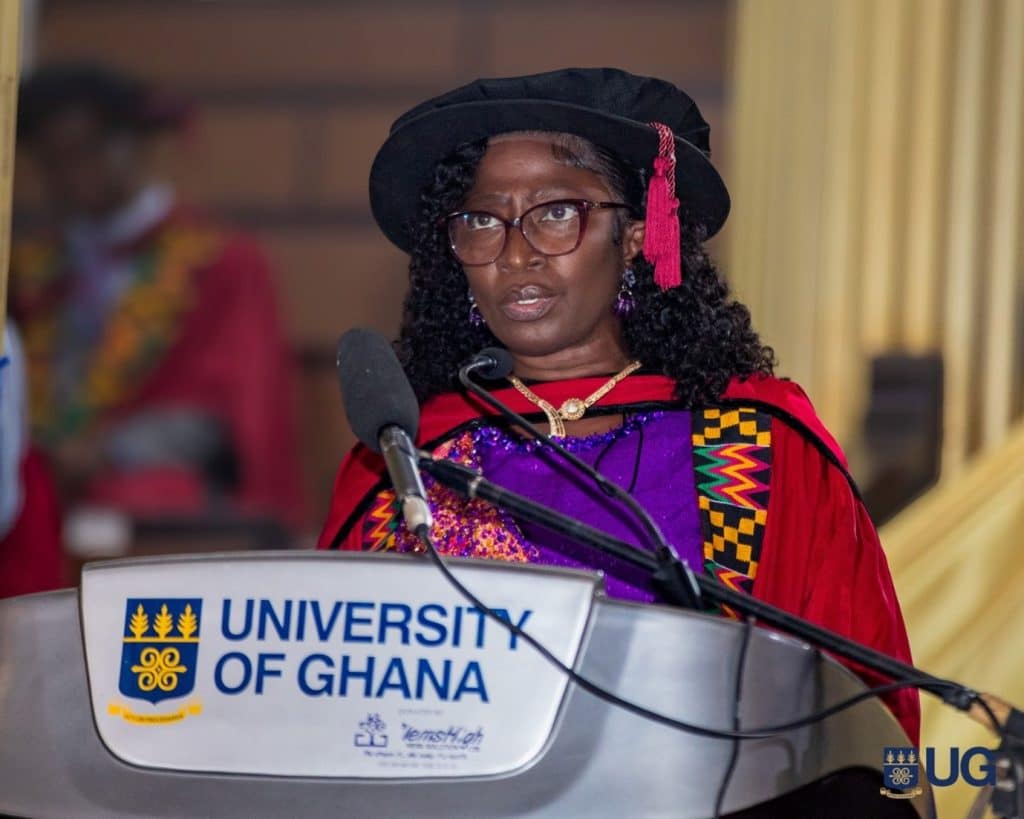
Prof. Regina Appiah-Opong delivering her concluding remarks at the inaugural lecture.
The Vice-Chancellor, Prof. Nana Aba Appiah Amfo, commended Prof. Appiah-Opong for her insightful presentation and her invaluable contributions to science, education, and national development.
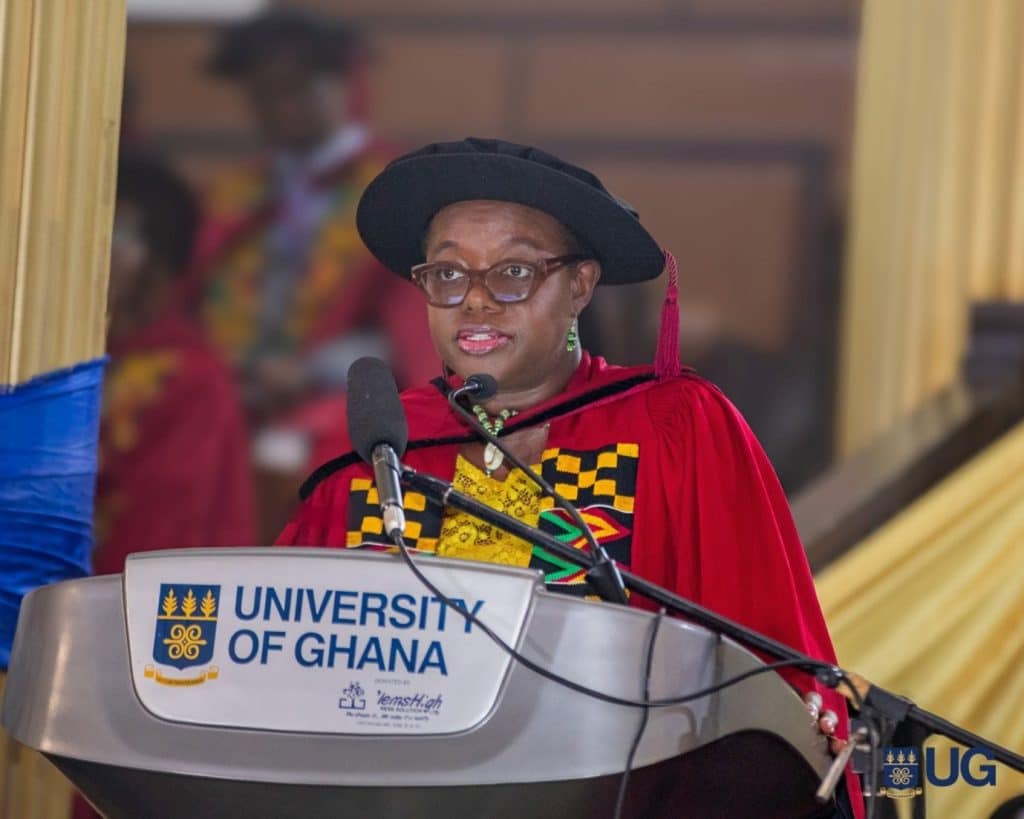
The Vice-Chancellor, Prof. Nana Aba Appiah Amfo, addressing the audience at the inaugural lecture of Prof. Regina Appiah-Opong.
The event was well attended by members of the university community, policymakers, researchers, and representatives from the health and herbal sectors.
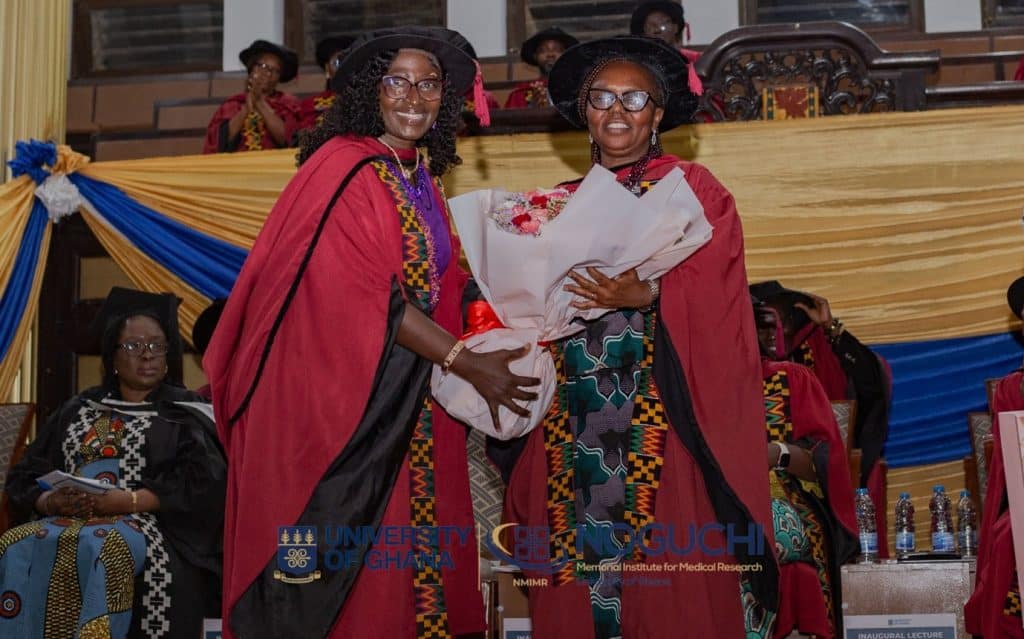
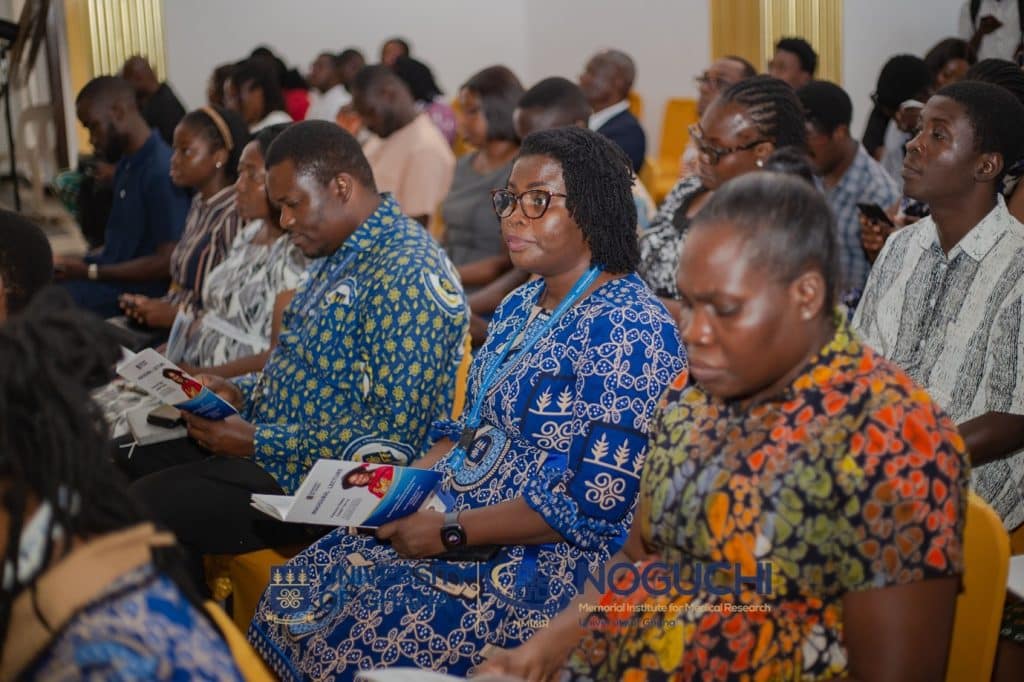
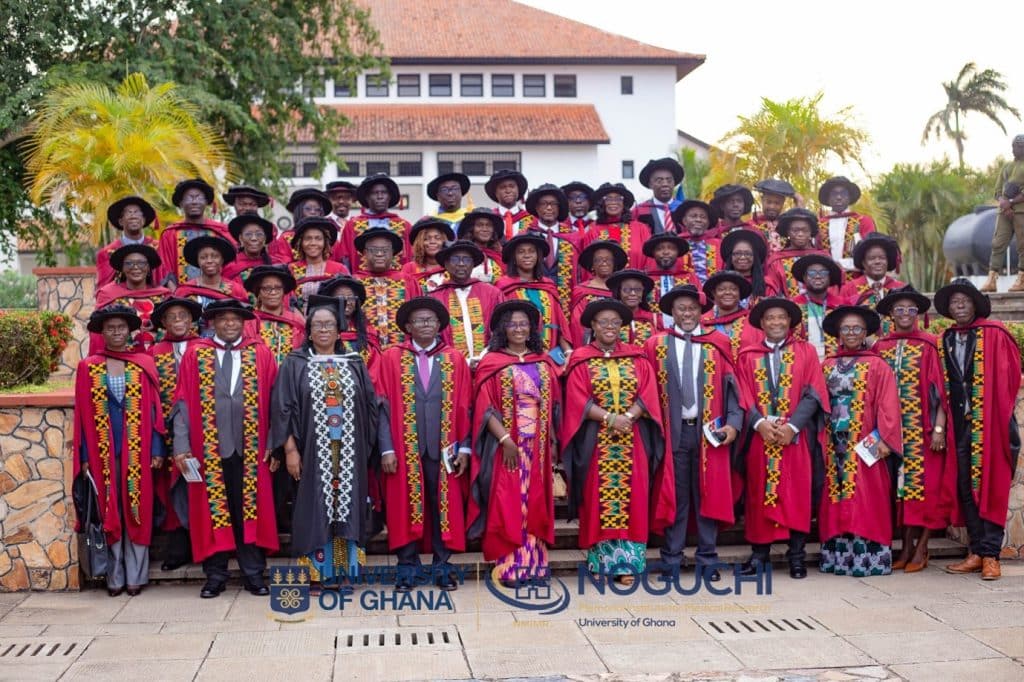
A cross-section of attendees at the inaugural lecture, including members of the university community, policymakers, and industry stakeholders.
